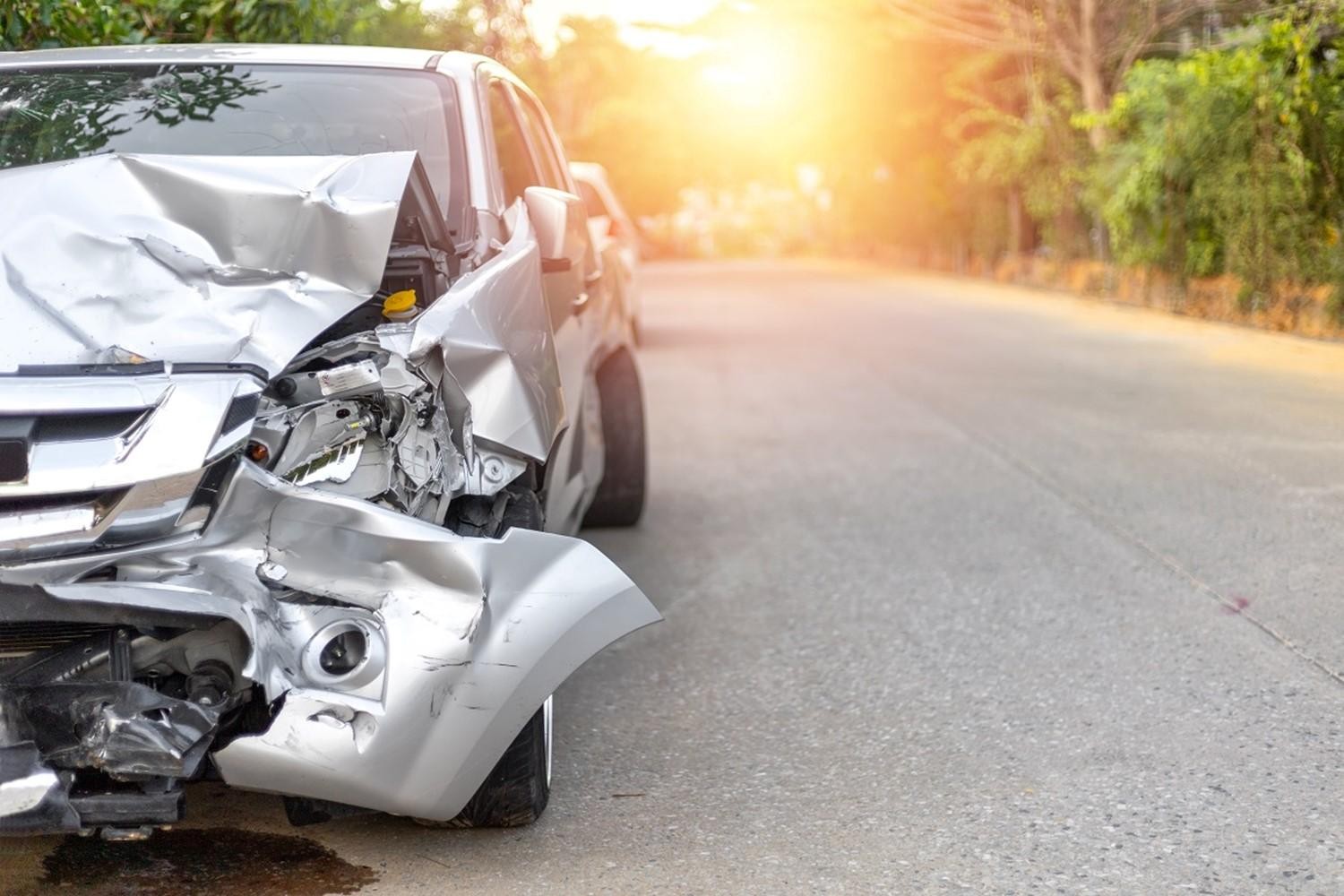Introduction
Car accidents can be traumatic and disorienting events. Whether you’re involved in a minor fender-bender or a major collision, the moments following an accident are critical. Not only do you have to check on your own well-being and that of others involved, but you also need to think about the legal implications. One of the key aspects that often gets overlooked is the importance of documenting evidence after a car accident. This article dives deep into this topic from a lawyer's viewpoint, explaining why it matters so much in personal injury claims and insurance negotiations.
The Importance of Documenting Evidence After a Car Accident—A Lawyer's Viewpoint
When it comes to navigating the aftermath of a car accident, documenting evidence is not just beneficial; it's essential. As a car accident attorney, I’ve seen too many cases where inadequate documentation led to unfavorable outcomes for my clients. The truth is, without solid evidence, proving your case can be like trying to find a needle in a haystack.
Understanding the Basics of Car Accidents
Car accidents can occur due to various reasons: distracted driving, speeding, weather conditions, or mechanical failures. Regardless of the cause, understanding how these factors come into play can significantly affect your claim later on.
Types of Car Accidents
- Rear-end Collisions Side-impact Collisions (T-bone) Head-on Collisions Single Vehicle Accidents
Each type brings its own unique challenges when it comes to documenting evidence.
Why Documenting Evidence Matters
You might wonder why documentation is such a big deal? Well, consider this: if you don’t have proof of what happened during the accident, how can you expect insurance companies or courts to believe your version?
Legal Implications
Documentation provides a solid foundation for any legal claims that may arise from an accident. It supports your narrative and helps establish liability.
What Kind of Evidence Should You Collect?
Knowing what evidence you'll need can make all the difference in your case outcome.
Photographic Evidence
- Take pictures of vehicle damage. Capture the scene from multiple angles.
Witness Statements
Eyewitness accounts can be invaluable. Make sure to get their contact information!
Police Reports
Always file a police report after an accident. These documents carry significant weight in legal proceedings.
How to Document Evidence Immediately After an Accident
So, what should you do right after an accident? Here’s a quick guide:
Check for Injuries: Your health is priority number one. Call Emergency Services: They will help manage the situation. Gather Information: Exchange names, insurance details, and phone numbers with everyone involved. Document with Photos: Use your phone to take clear images. Speak with Witnesses: Ask them for their account while it's fresh in their minds.The Role of Insurance Companies
Insurance companies often require detailed documentation before they agree to settle claims. Understanding their process can help streamline your case.
How Insurers Evaluate Claims
Insurance adjusters typically look at:
- Medical records Repair estimates Photographic evidence
Common Misconceptions About Documentation
Many people believe that simply reporting an accident is enough. That couldn't be further from the truth!
Myth vs Reality
- Myth: The police report alone is sufficient. Reality: While helpful, it often lacks detailed personal accounts and photographic evidence that support your case.
The Importance of Accurate Documentation for Personal Injury Claims
If you're considering filing for personal injury claims after a car accident, documenting your injuries and how they’ve impacted your life becomes crucial.
Medical Records
Keep all medical records organized and accessible; they serve as essential proof when calculating damages.
FAQs
1. What should I do immediately after a car accident?
First and foremost, check for injuries and call emergency services if needed. Then exchange information with other drivers involved and gather witness statements if possible.
2. Can I still file a claim if I didn’t document everything at the scene?
While having comprehensive documentation is crucial, it's never too late to gather information later on—like medical records or witness statements—but it may complicate matters.
3. How long do I have to file an insurance claim after an accident?
Most states allow anywhere from one to three years for filing claims depending on whether it's property damage or personal injury.
4. What types of damages can I claim?
You may claim medical expenses, lost wages due to missed work, pain and suffering, and even future medical costs related to ongoing care.
5. Do I need an attorney for my car accident case?
Having a car accident attorney can significantly improve your chances for fair compensation by better navigating complex legal waters.

6. How does documentation impact my case outcome?
Strong documentation increases credibility and supports your narrative when negotiating with insurance companies or presenting your case in court.
Conclusion
Documenting evidence after a car accident isn't just Moseley Collins Law Sacramento car crash attorney some bureaucratic formality; it's vital for protecting yourself legally and financially down the line. From photographs to witness accounts, every piece contributes significantly towards building your case against negligence or liability claims by other parties involved.
As we've explored throughout "The Importance of Documenting Evidence After a Car Accident—A Lawyer's Viewpoint," being proactive about gathering information at the scene could save you considerable stress later on – both emotionally and financially! So next time you're behind the wheel (or especially if you're in an unfortunate incident), remember these steps!
Stay safe out there!